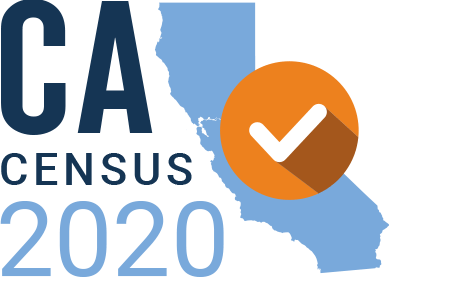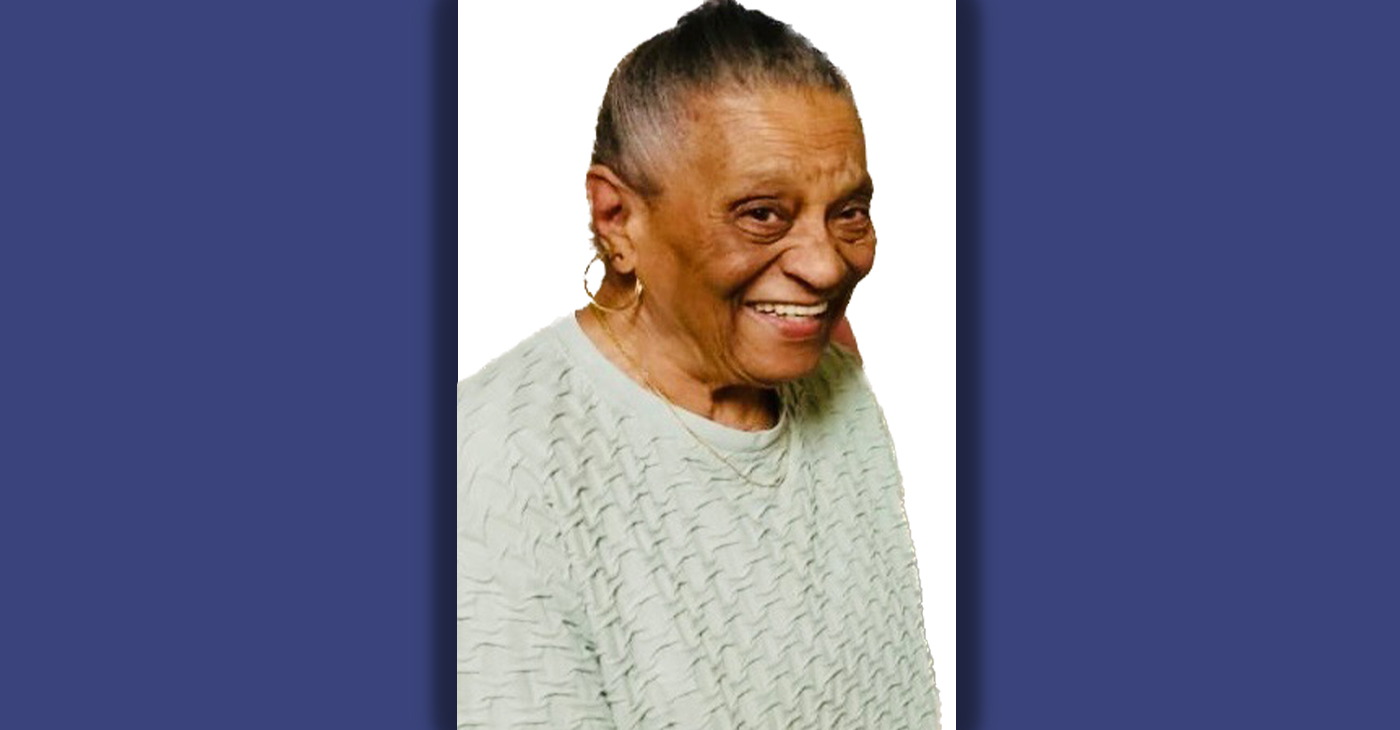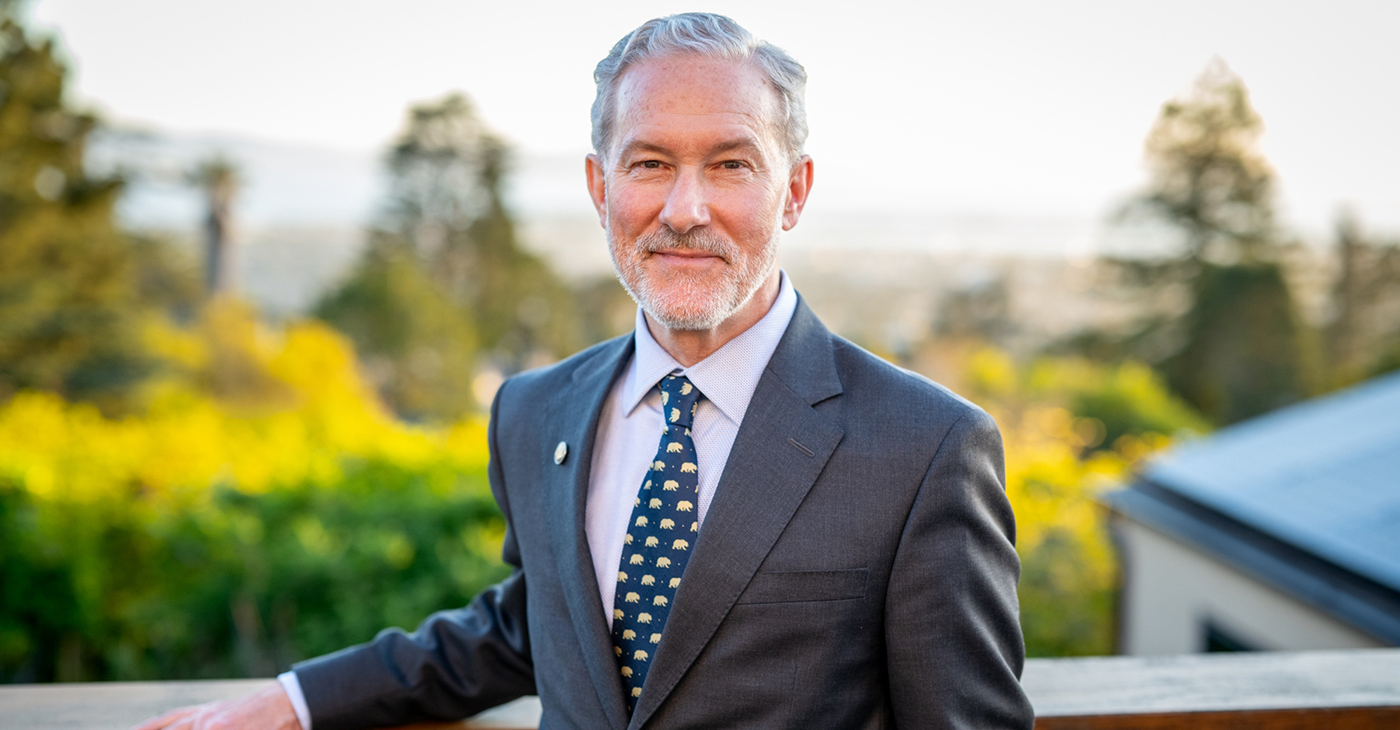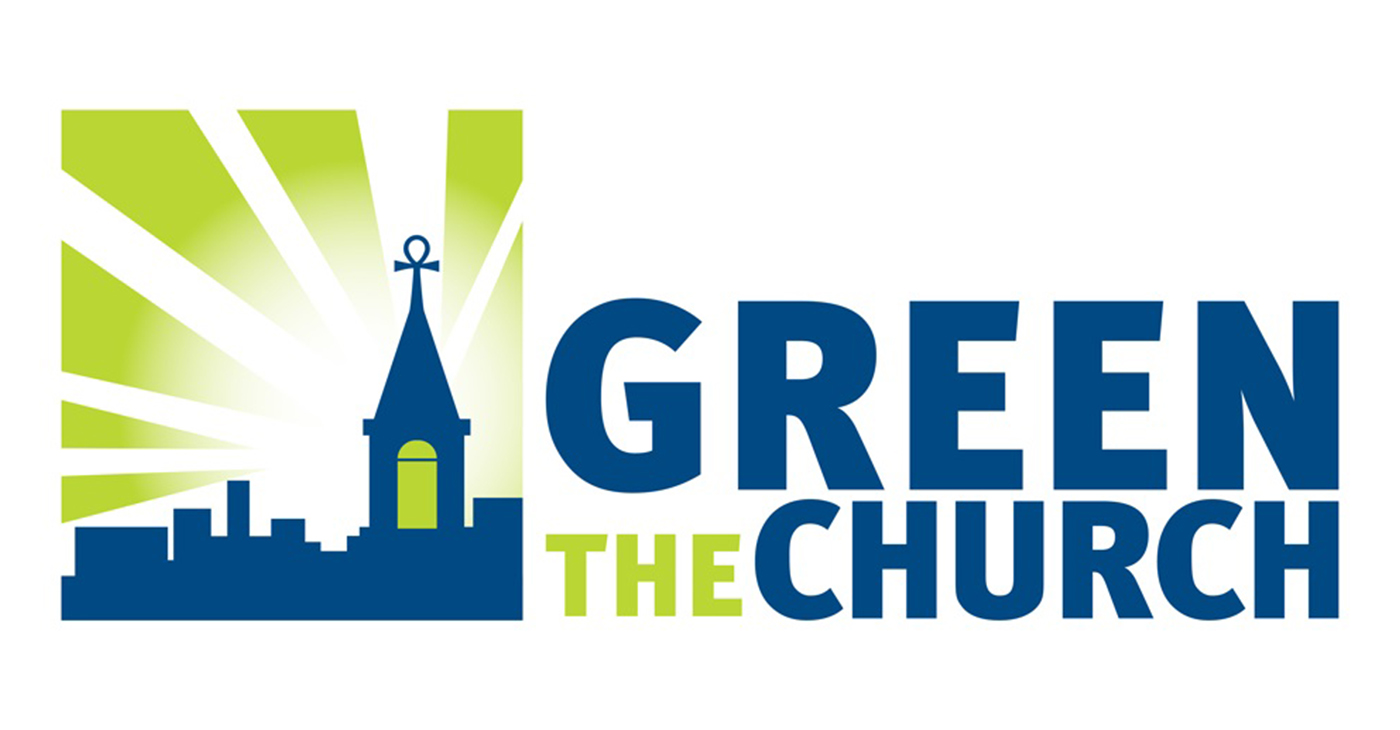Bay Area
Hiring Black Census Employees in California Could Avert an Undercount in 2020

The California Census Office believes there will be higher participation among African Americans during next year’s census if “trusted messengers” help get the word out and go door-to-door conducting pre-surveys, educating people and helping some fill out questionnaires in Black communities.
Preparing for the 2020 Census, the U.S. Census Bureau is in the process of hiring about 500,000 workers across the country for the national count that will cost the federal government a little over $15 billion.
Tens of thousands of temporary federal employees will join the effort in California to assist with collecting data and reaching out to citizens on the internet, by phone and in person.
Pay is based on location and position. In larger cities like Sacramento, Los Angeles, and San Francisco, salaries range anywhere from $17.00 to $30.00 per hour for field representative positions.
All applicants must be US citizens, although special exemptions have been made in the past for people with specific languages skills.
“This is really an opportunity for Black Californians to help make sure there isn’t a wrong assessment of our state’s population,” said Regina Wilson, president of California Black Media. Her organization recently released a report titled “Counting Black California,” designed to help media publications across the state micro-target hard-to-count populations and expand the reach of their public education efforts around the census.
“Census counts have real impact on people’s lives,” said Wilson, “from our representation in Congress to the amount of federal aid a neighborhood receives for programs like Head Start.”
The national Census, conducted every 10 years, is mandated by the United States Constitution. It records critical demographic information about residents of every state in the country and it is used to determine political representation in the U. S. Congress, as well as provide important insights into the economy.
Some of the data the bureau collects are obtained using household surveys. The exercise produces statistics that describe populations in detail by characteristics such as age, education, housing, and income.
For the first time in history next year, the U.S. Census Bureau is requesting that the majority of participants provide the answers to their Census questionnaires online.
A digital census could pose specific challenges to accurately counting African Americans. Even though smartphones and other mobile devices have helped to close the gap between Whites and Blacks with access to the internet, only about 66 percent of African Americans own a computer or laptop at home, according to a report by the Pew Research Center.
Also, significant numbers of African Americans still do not have wireless or broadband internet connections at home.
More than one-third of California’s 2.2 million Black population lives in the Los Angeles area, where there is a large number of tracts the U.S. Census Bureau designates as “hard-to-count” because of inaccurate population totals in the past.
For the 2020 Census, California is investing near $180 million statewide through various programs in an effort to make certain that residents of the state are informed about all aspects of the national survey.
“California is proud to be dedicating targeted funding and resources toward outreach to hard-to-count demographic populations across the state,” said Ditas Katague, director of California Complete Count – Census 2020.
Since the inception of the Census, Black communities have been routinely undercounted. The reasons for the inaccurate count in the last decennial, census researchers say, included the large number of Blacks who move frequently; multigenerational families living in the same home; homes with multiple families sometimes living in different units at the same address that census workers may not recognize; teen single mothers; homelessness; high rates of incarceration; and a general reluctance to participate based on inadequate information.
While the margins of uncounted Blacks seem to decrease after every 10 years, the last decennial in 2010 still undercounted the Black population by close to 800,000 people.
Bay Area
Vivian Coit, 98
Vivian Coit, a proud Dallas, Texas native made her way to the great state of California in 1943. She was a mother, grandmother, great-grandmother, and great-great grandmother.

Celebrating A Life Well Lived
Sept. 15, 1925 ~ March 30, 2024
Vivian Coit, a proud Dallas, Texas native made her way to the great state of California in 1943. She was a mother, grandmother, great-grandmother, and great-great grandmother.
In her 98 years, she had various jobs – San Francisco Naval Shipyard, elevator operator, housekeeping, a salesclerk, and supervisor for the United States Postal Service. After 27 years of service with the United States Postal Service, she retired with numerous commendations. She was a lifetime member of the National Council of Negro Women. and a devoted member of the Washington/Lincoln Alumni Association of Dallas, Texas.
On April 20 at 10:00 a.m., a life well-lived will be celebrated at Beebe Memorial Cathedral CME Church, 3900 Telegraph Ave., Oakland, CA under the leadership of Rev. Antoine Shyne.
Bay Area
Rich Lyons, Longtime Campus Business, Innovation Leader, Will Be UC Berkeley’s Next Chancellor
Rich Lyons, an established economist, former dean of the Haas School of Business and the campus’s current leader for innovation and entrepreneurship, will become the next chancellor at the University of California, Berkeley, the UC Board of Regents announced on April 10.

By Jason Pohl
Rich Lyons, an established economist, former dean of the Haas School of Business and the campus’s current leader for innovation and entrepreneurship, will become the next chancellor at the University of California, Berkeley, the UC Board of Regents announced on April 10.
The board’s unanimous confirmation makes Lyons, 63, the first UC Berkeley undergraduate alumnus since 1930 to become the campus’s top leader. In an interview this week, Lyons said he credits his Berkeley roots and his campus mentors with encouraging him to ask big questions, advance institutional culture and enhance public education — all priorities of his for the years to come.
Lyons, who will be Berkeley’s 12th chancellor, will succeed Chancellor Carol Christ, who announced last year that she’d step down as chancellor on July 1.
“I am both thrilled and reassured by this excellent choice. In so many ways, Rich embodies Berkeley’s very best attributes, and his dedication to the university’s public mission and values could not be stronger,” Christ said. “I am confident he will bring to the office visionary aspirations for Berkeley’s future that are informed by, and deeply respectful of, our past.”
Rising through the Berkeley ranks
Born in 1961, Lyons grew up in Los Altos in the early days of the Silicon Valley start-up boom.
He attended Berkeley, where he graduated in 1982 with a Bachelor of Science degree in business and finance. Lyons went on to earn his Ph.D. in 1987 in economics from MIT. After six years teaching at Columbia Business School, Lyons returned west, where in 1993 he joined the Berkeley faculty as a professor of economics and finance, specializing in the study of international finance and global exchange rates.
He’s remained on campus since, with one notable exception.
Starting in 2006, Lyons spent two years working at Goldman Sachs as the chief learning officer. It was a period that instilled in him an appreciation for leadership and the importance of organizational culture.
He carried those lessons with him when he returned to campus in 2008 and became the dean of the Haas School of Business.
While dean, Lyons oversaw the construction of Connie & Kevin Chou Hall, a state-of-the-art academic building that opened in 2017 and is celebrated for its sustainability. He also helped establish two new degree programs, linking the business school with both the College of Engineering and the Department of Molecular and Cell Biology.
But it was his creation of four distinct defining leadership principles that spurred a sweeping culture initiative at the school that stands out in the minds of many. Those values — question the status quo, confidence without attitude, students always, and beyond yourself — became a creed of sorts for new students and alumni alike.
Those values are important, Lyons said, because they shape and support the cohesive structure of a strong, connected community — spanning science and technology to the arts and humanities. They also convey the story about what it means to be at Berkeley and to believe in the university’s public mission.
“When we are great as educators, it’s identity-making,” Lyons said. “We’re helping students and others see identities in themselves that they couldn’t see.”
Lyons in January 2020 became Berkeley’s first-ever chief officer of innovation and entrepreneurship.
Building on his research exploring how leaders drive innovation and set behavioral norms and culture, Lyons worked to expand and champion Berkeley’s rich portfolio of innovation and entrepreneurship activities for the benefit of students, faculty, staff, startups and external partners.
It was a major commitment to thinking outside the box, he said. One need only look to the Berkeley Changemaker program that he helped launch in 2020 to see innovation and entrepreneurship in action.
The campuswide program with some 30 courses tells the story of what Berkeley is — the story that members of the Berkeley community can tell long into the future. Berkeley Changemaker started as an idea and its courses quickly became among the most popular academic offerings on campus.
“Over 500 students showed up,” he said. “Why? Because it’s a narrative. It’s not just a name. It’s not just a curriculum. It’s not just a course. It’s a way of living, and it’s a way of living that Berkeley has occupied forever. This idea that there’s got to be a better way to do this, question the status quo.”
Activism
Oakland’s ‘Green the Church,’ Others, Host a Climate Revival
On April 20, Oakland’s Green The Church California (GTC) and the Center For Food, Faith and Justice will celebrate Earth Day and present a Climate Revival event titled “Growing Healthy Communities From Soil To The Soul” at McGee Avenue Baptist Church at 1640 Stuart St, Berkeley, CA. The day will include inspiring talks, interactive workshops, networking opportunities, and a special panel on Food Sovereignty and Global Food Resilience.

Growing Healthy Communities from Soil to the Soul in Berkeley
By Y’Anad Burrell
On April 20, Oakland’s Green The Church California (GTC) and the Center For Food, Faith and Justice will celebrate Earth Day and present a Climate Revival event titled “Growing Healthy Communities From Soil To The Soul” at McGee Avenue Baptist Church at 1640 Stuart St, Berkeley, CA,
The day will include inspiring talks, interactive workshops, networking opportunities, and a special panel on Food Sovereignty and Global Food Resilience.
The keynote speaker is Rev. Danté R. Quick, PhD, senior pastor of First Baptist Church of Lincoln Gardens in Somerset, N.J. Quick is well known in the Bay Area, having served for more than 10 years as pastor of Friendship Missionary Baptist Church in Vallejo, CA.
Green The Church, founded in 2010 by Rev. Dr. Ambrose Carroll, Sr., and headquartered in Oakland, helps galvanize Black churches and their local communities and leaders to address issues critical to populations historically disengaged from conversations around pollution and health, climate change, and sustainability and energy efficiency.
The organization collaborates with major environmental, sustainability, food security, faith, and community-based non-profit organizations, and is committed to “creation justice”—care and justice for God’s people and the planet—and building the Beloved Community.
Environmental justice has long been a pressing concern for communities of color who bear the brunt of pollution and ecological degradation. Climate change exacerbates these issues, disproportionately impacting vulnerable communities. Recognizing this urgency, Black churches across the country are taking action.
With deep roots in the African American community and its commitment to social justice, the Black Church has become an essential advocate for sustainable practices and policies.
Over the past 14 years, in a powerful collaboration with significant environmental, sustainability, food security, faith, and community-based non-profit organizations, GTC has created a cadre of Black churches engaging in the environmental justice, climate, and sustainability movement.
GTC presently works with more than 1,000 pastors and congregations across the U.S., and groups in the Bahamas, Ghana, Nigeria, and the UK, showing that we can make a difference together.
The partnership between environmental justice advocates and the Black Church extends beyond individual congregations. Green The Church provides resources and support for faith communities seeking to address climate change and promote environmental justice.
Through collaboration, initiatives such as energy efficiency programs, solar installations, and environmental education have been implemented in Black churches nationwide. These efforts reduce the carbon footprint and save money on energy bills, benefiting the congregations and their communities.
The involvement of the Black Church in the fight against climate change is not just a participation, it’s a powerful message that galvanizes action across communities.
By integrating environmental justice into their ministry, Black churches are demonstrating that addressing climate change is not only a matter of science but also of social and moral responsibility, inspiring change at a grassroots level.
For more information, go to: www.greenthechurch.org.
-

 Activism4 weeks ago
Activism4 weeks agoOakland Post: Week of March 20 – 26, 2024
-

 #NNPA BlackPress3 weeks ago
#NNPA BlackPress3 weeks agoCOMMENTARY: D.C. Crime Bill Fails to Address Root Causes of Violence and Incarceration
-

 #NNPA BlackPress3 weeks ago
#NNPA BlackPress3 weeks agoMayor, City Council President React to May 31 Closing of Birmingham-Southern College
-

 #NNPA BlackPress3 weeks ago
#NNPA BlackPress3 weeks agoCOMMENTARY: Lady Day and The Lights!
-

 #NNPA BlackPress3 weeks ago
#NNPA BlackPress3 weeks agoFrom Raids to Revelations: The Dark Turn in Sean ‘Diddy’ Combs’ Saga
-

 #NNPA BlackPress3 weeks ago
#NNPA BlackPress3 weeks agoBaltimore Key Bridge Catastrophe: A City’s Heartbreak and a Nation’s Alarm
-

 #NNPA BlackPress3 weeks ago
#NNPA BlackPress3 weeks agoBaltimore’s Key Bridge Struck by Ship, Collapses into Water
-

 Activism3 weeks ago
Activism3 weeks agoOakland Post: Week of March 27 – April 2, 2024








































